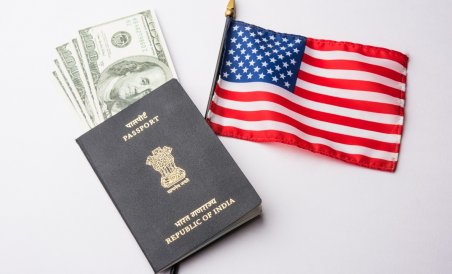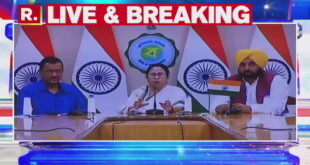Thousands of spouses of non-immigrant visa holders, such as H-1B and L-1 (held by those on intra-company transfers), would no longer have to worry about job gaps and financial hardship as a result of delays in the processing of their employment authorization documents (EADs).
The L-2 visa is provided to dependents such as spouses of L-1 visa holders. Dependents, such as spouses of H-1B visa holders, are granted H-4 visas.
According to a settlement agreement issued on Wednesday, L-2 visa holders would receive automatic work authorization ‘incident to status’ as a result of a class-action lawsuit launched by 15 plaintiffs (the most of whom are Indian spouses) against the Department of Homeland Security (DHS). In other words, spouses of those deputed to the United States on intra-company transfers will no longer be required to apply for work authorization prior to working in the United States.
Perhaps more importantly for nearly a lakh Indian spouses of H-1B visa holders with employment authorization documents (EADs), the settlement states that US Citizenship and Immigration Services (USCIS), the DHS’ immigration agency, will automatically extend the employment authorization of H-4 visa holders for up to six months. The USCIS is likely to issue a full guidance statement in the coming weeks.
Many spouses who were gainfully employed, or even those who were self-employed (ranging from dentists to freelance graphic designers), were unable to work due to a severe backlog in the processing of EAD applications, which took upwards of 10 months. Many people lost their jobs, including those in the technology sector, because their employers couldn’t wait months for their EAD to be approved. The situation was exacerbated by the fact that an H-4 visa holder can only file an EAD six months before the present work authorization document expires.
The settlement overturns a USCIS policy that prevented H-4 spouses from receiving automatic extensions of their work permits while their solo employment authorization document (EAD) applications were pending.
H-4 visa holders who timely file their EAD renewals will maintain their H-4 visa status (beyond their EAD expiry date) and be eligible for a 180-day extension under the conditions of the settlement.
 India One News
India One News





